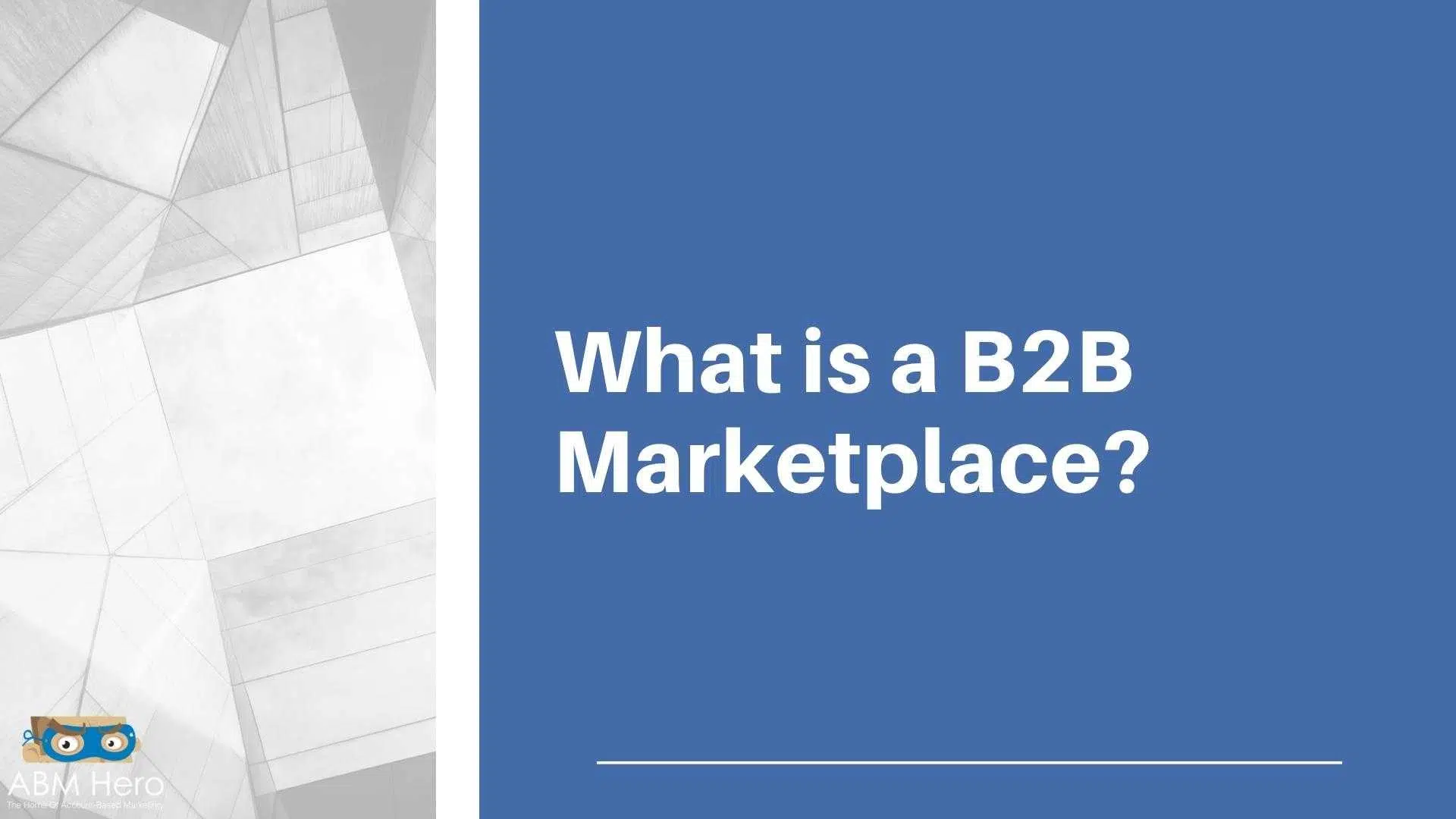The business-to-business (B2B) marketplace is rapidly growing as companies increasingly rely on the internet to find new products and services.
According to a specific study, B2B digital sales in all channels grew by 10.9% in 2019. This trend is anticipated to continue as the internet becomes more commonplace in the business world.
These platforms are used by businesses that have a large number of customers or suppliers or that need to find new customers or suppliers.
Beneficial or not? Well, we will take the further discussion about what the B2B marketplace is and why it matters.
What is a B2B Marketplace?

A B2B marketplace is a platform that enables businesses to buy and sell products and services. Businesses can use this to find suppliers, compare prices, and place orders.
It typically offers a wide range of products and services, making them a one-stop shop for businesses.
It creates a setting where companies can interact and promote secure business transactions with integrated payment processing and shipping logistics. The days of B2B platforms serving as “matchmaking” websites before actual transfers took place offline are long gone.
Businesses frequently provide one another with special B2B features like automated supply chains and invoice payments.
These transactions can be efficiently completed in a single location through these platforms, allowing businesses to profit from B2B sales trends without having to negotiate first quite a few business agreements.
The target market for a B2B marketplace is also totally different from that of a B2C eCommerce marketplace. The size of these platforms varies, and niche marketplaces have recently experienced a boom.
For instance, a B2B marketplace for the automotive sector might include major automakers and small suppliers of specialized parts.
Types of B2B Marketplace

When talking about the B2B marketplace, there are six types that you can observe in the market. It differs in terms of the audience they cater to, their size, and other underlying qualities. Here are the following:
Vertical B2B Marketplace
A vertical B2B marketplace is a sort of online marketplace that connects businesses with suppliers in a specific industry or market niche.
These marketplaces typically offer a selection of products or services from multiple suppliers, allowing businesses to compare and choose the best option for their needs.
Vertical B2B marketplaces offer several advantages for businesses, including access to a wider selection of suppliers, competitive pricing, and the ability to find suppliers that meet specific criteria.
For businesses that are new to a market or industry, it can also provide valuable insights and information about trends and best practices.
Horizontal B2B Marketplace
A Horizontal B2B Marketplace is an online platform that allows businesses of all types to sell their products and services to other businesses.
This type of marketplace is geared towards a specific industry or kind of business. It offers some advantages for both buyers and sellers.
For sellers, it provides a larger pool of potential buyers, including the ability to reach buyers that might not be aware of their products or services.
For buyers, the Horizontal type offers a wider selection of products and services, along with the ability to compare prices and terms from different sellers.
Local B2B Marketplace
A Local B2B Marketplace is an online marketplace that connects businesses with other businesses in their local area.
This type of marketplace is beneficial for businesses as it allows them to find new customers and suppliers, and connect with other businesses in their local community.
It also provides businesses with an easy way to advertise their products and services to a broader audience.
Global B2B Marketplace
A “global B2B marketplace” refers to an online platform that connects businesses worldwide, enabling them to trade goods and services with each other.
This type of marketplace provides a convenient and efficient way for businesses to find new customers and suppliers and expand their reach into new markets.
Many to Many Marketplace
In a many-to-many market, buyers and sellers exchange goods. It is especially typical for bonds, commodities, currencies, and stocks.
Businesses can conduct direct business transactions with other companies, and the platform will charge transaction fees to the involved parties. This model is the one that most markets employ.
One to Many Marketplace
One-to-many marketplaces (like auctions) are managed by outside parties who have complete control over all exchanges and bids.
Due to the potential for manipulation that their process creates, one-to-many trading platforms are frequently prohibited or subject to strict legal restrictions.
The majority of B2B platforms are many-to-many marketplaces. As more buyers and sellers sign up, these offer more advantages than one-to-many platforms due to the wider selection.
Advantages of B2B Marketplace
B2B marketplaces, when they function well, can aid in business expansion by offering a new and efficient sales channel, including a dynamic platform for B2B exchanges that is advantageous to the marketplace, the seller, and the buyer.
You Can Find Products and Services More Easily
When you use a B2B marketplace, you can easily find the products and services you need. It is because these marketplaces provide a platform for businesses to connect and trade goods and services.
Through this platform, you can save time and money by finding the right supplier for your needs.
You Can Compare Prices and Terms More Easily
When you use a B2B marketplace, you can compare prices easily by looking at the listing prices for the products you’re interested in.
You can also use the marketplace’s search function to narrow down your options and find the best price for the product you’re looking for.
Additionally, many marketplaces offer price comparison tools that allow you to compare prices across different sellers to find the best deal.
You Can Connect With a Community of Other Businesses
When you use a B2B marketplace, you can connect with a community of other businesses. This community can provide you with valuable resources and opportunities.
For example, you can find suppliers, customers, and partners more easily. You can also learn from other businesses, and share best practices.
You Can Solve Issues Related to Logistics
B2B marketplace can help solve international payment issues logistics by providing a platform for businesses to connect and trade with each other.
Connecting businesses from all over the world can help facilitate international trade and payments.
It can help businesses save on costs associated with international payments and logistics. In addition, it can help them find new markets for their products and services.
Disadvantages of B2B Marketplace
B2B marketplaces have many potential disadvantages that businesses should be aware of before using any type of platform.
Costly to Set up
B2B marketplaces are often costly to set up because they require a significant investment in infrastructure and technology.
In addition, it needs to be able to scale quickly and efficiently to meet the demands of businesses.
Finally, these marketplaces need to provide a high level of customer service and support to ensure that businesses can use the marketplace effectively.
Tendency to Monopolize the Market
B2B marketplaces also have the potential to monopolize the market. It can happen when a few large marketplaces dominate the market and control the majority of the trade.
When it happens, businesses may be forced to use these marketplaces and may be unable to find alternative options. This leads to higher prices and less competition, which can be damaging to businesses and consumers.
The emergence of B2C eCommerce has changed everything, from retail sales to food ordering, and has established the standards for customer expectations in a world that prioritizes digital transactions. These online services are now well-known across the globe.





